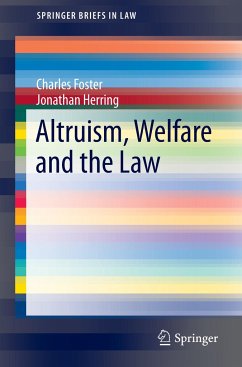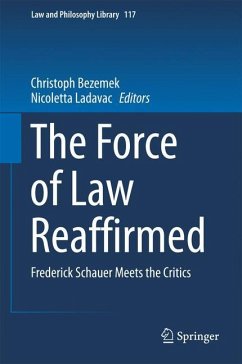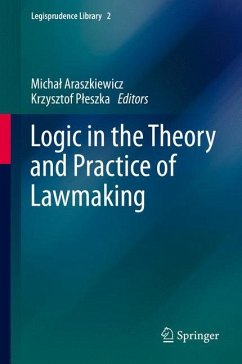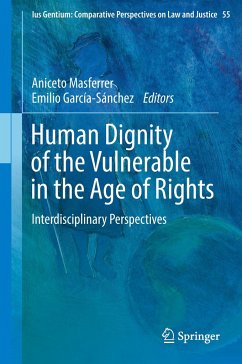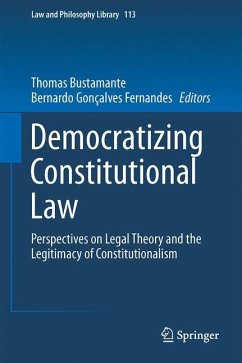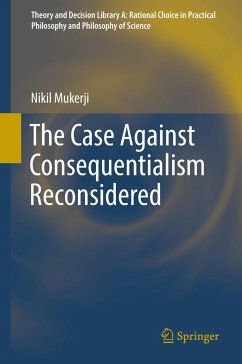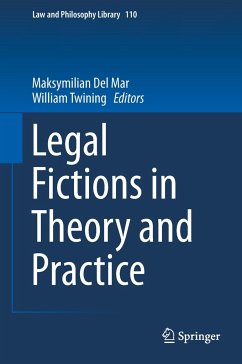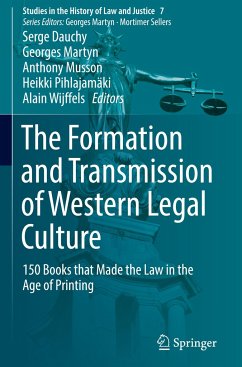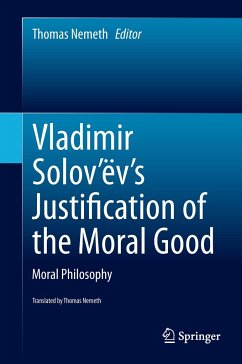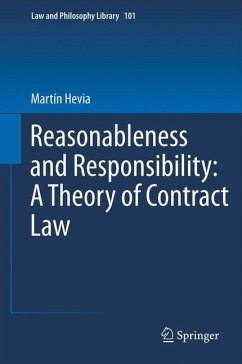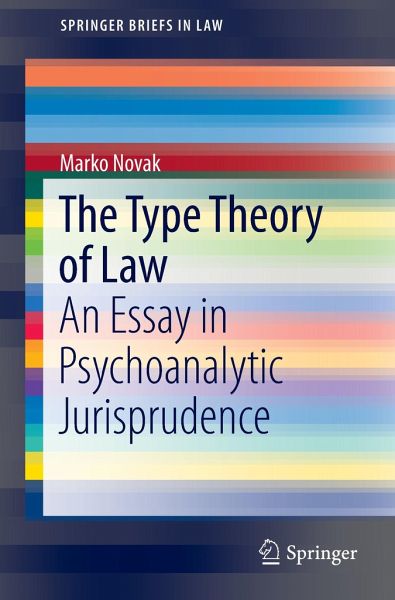
The Type Theory of Law
An Essay in Psychoanalytic Jurisprudence

PAYBACK Punkte
19 °P sammeln!
Thisvolume presents a Type Theory of Law (TTL), claiming that this is a uniquetheory of law that stems from the philosophical understanding of Jung'spsychological types applied to the phenomenon of law. Furthermore, the TTLclaims to be a universal, general and descriptive account of law. To provethat, the book first presents the fundamentals of Jungian psychological types,as they had been invented by Jung and consequently developed further by hisfollowers. The next part of the book describes how the typological structure ofan individual determines their understanding of law. It then addresses ...
Thisvolume presents a Type Theory of Law (TTL), claiming that this is a uniquetheory of law that stems from the philosophical understanding of Jung'spsychological types applied to the phenomenon of law. Furthermore, the TTLclaims to be a universal, general and descriptive account of law. To provethat, the book first presents the fundamentals of Jungian psychological types,as they had been invented by Jung and consequently developed further by hisfollowers. The next part of the book describes how the typological structure ofan individual determines their understanding of law. It then addresses the wayin which inclusive legal theory can be understood based on this typology.Finally, the book describes the TTL in general and descriptive terms and putsit into context. All in all, the book shows how the integral or inclusiveapproach to understanding the nature of law is not only in tune with our time,but also relevant for presenting a more persuasive picture of law than theolder exclusivist or dualist approaches of strict natural law and rigid legalpositivism did.





